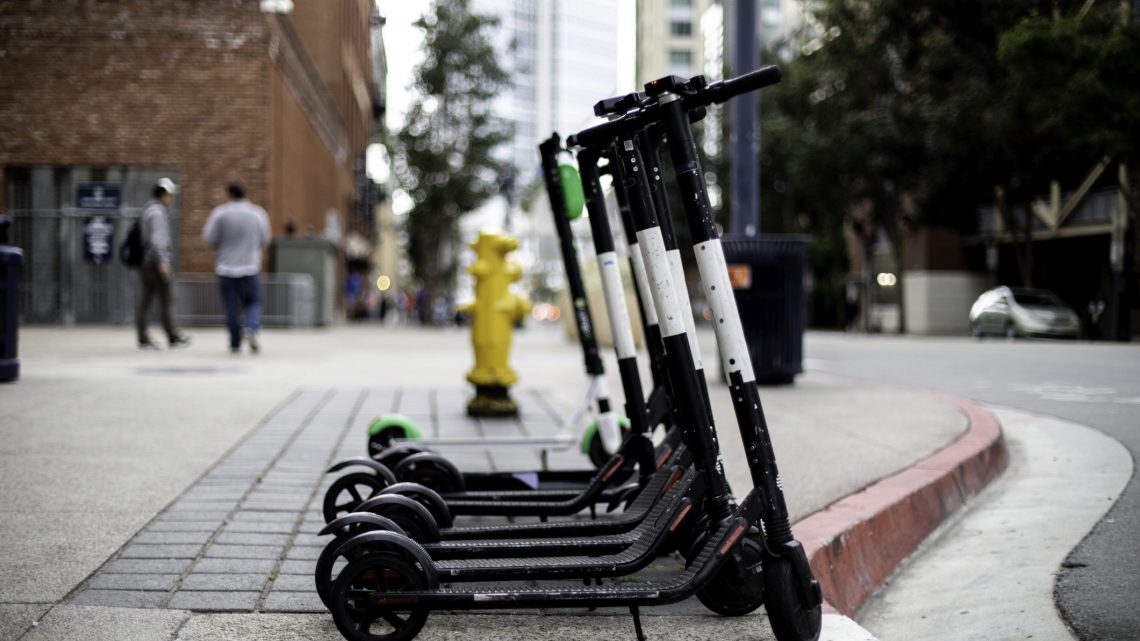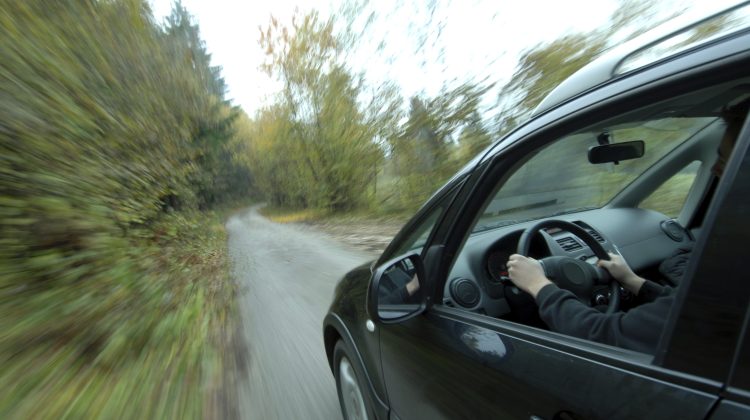Scooters are a popular way to get around in Florida, when the weather permits. Motor scooters are fuel efficient, fast, and more eco-friendly than cars. As more Floridians opt to use motor scooters instead of typical passenger vehicles, however, the risk of serious personal injuries increases. Reviewing Florida’s scooter laws can help keep riders safe and free from legal trouble.
Definition of a Scooter in Florida
With scooters, motor scooters, mopeds, electric/motorized bicycles, motorcycles, and other motorized vehicles, it can be difficult to differentiate which laws apply to you in Florida. According to state law, a motorized scooter is a vehicle without a seat or saddle for the rider, traveling on a maximum of three wheels, and traveling at a top speed of 30 miles per hour. This definition would encompass rideshare scooters, such as Lime and Bird electric scooters. A motor scooter, on the other hand, is a two-wheeled vehicle that carries a single person and may include a saddle for seating.
Florida Statutes do not differentiate between motor and electric scooters. Instead, the laws for motor scooters apply to both types. It is important to note, however, that Florida law does not permit motorized scooters on roads or sidewalks in the state, but it does permit motor and electric scooters. Many of the same laws apply to scooters as standard passenger vehicles and motorcycles. Riding a scooter comes with the responsibility of obeying all applicable state and local moped laws.
What Laws Apply to Scooter Riders in Florida?
Before you rent a dockless electric scooter, ride one of your own, or operate any other kind of motor scooter, make sure you understand all applicable laws and state statutes. Otherwise, you could face traffic infractions or liability for a collision. You could also suffer personal injuries in a preventable scooter accident. The following are some of the most important scooter laws to know before riding in Florida.
- Drivers must be at least 16 years of age. You have to be at least 16 to operate a motor or electric scooter in Florida. You also need a valid driver license or motorcycle license, although you do not need to carry scooter insurance.
- Helmets are required for riders under 16. If a scooter is carrying a passenger under the age of 16, that passenger must wear an approved helmet. Riders over 16 do not need to wear helmets, as long as the scooter has an engine displacement of 50cc (cubic centimeters) or less, no more than 2 brake horsepower, and cannot exceed 30 miles per hour on level ground. Motorized scooters, however, may not carry passengers.
- No scooters are allowed on highways. You cannot operate a motor or electric scooter on Florida’s highways or interstates. Vehicles must be able to maintain at least 40 miles per hour to operate on highways.
- Riding on sidewalks is not permitted. Riders cannot operate either scooters or mopeds on sidewalks or bicycle paths in Florida. Instead, they must ride in the roadway with other motor vehicles and obey standard traffic laws.
Scooter riders cannot ride abreast with passenger vehicles, nor can they ride on the lines between lanes (lane split). They must stay as far to the right side of the road as possible, except when making a left turn or maneuvering to avoid hazards in the road. They should signal turns and stops using arm motions, like bicyclists, unless the scooter has turn signals and brake lights. Scooter riders must obey all road signs, including stop signs and traffic lights. They must also yield the right of way to other road users when applicable.
Staying Safe on a Scooter in Florida
Riding a scooter can be fun and rewarding, as long as the operator knows how to do so safely. Scooter accidents can unfortunately lead to serious injuries, according to the Tampa personal injury lawyers at Salter, Healy, Rivera & Heptner. To avoid accidents you should always:
Wear a helmet to reduce your risk of serious head and brain injury, even if the law does not require you to do so. Always obey traffic laws and stay predictable to drivers around you. Wear bright or reflective clothing, especially if riding in the dark. Stay on local, light-traffic streets as much as possible. Lastly, it is always a good idea to to carry insurance if you plan on driving anywhere in Florida.





No Comment